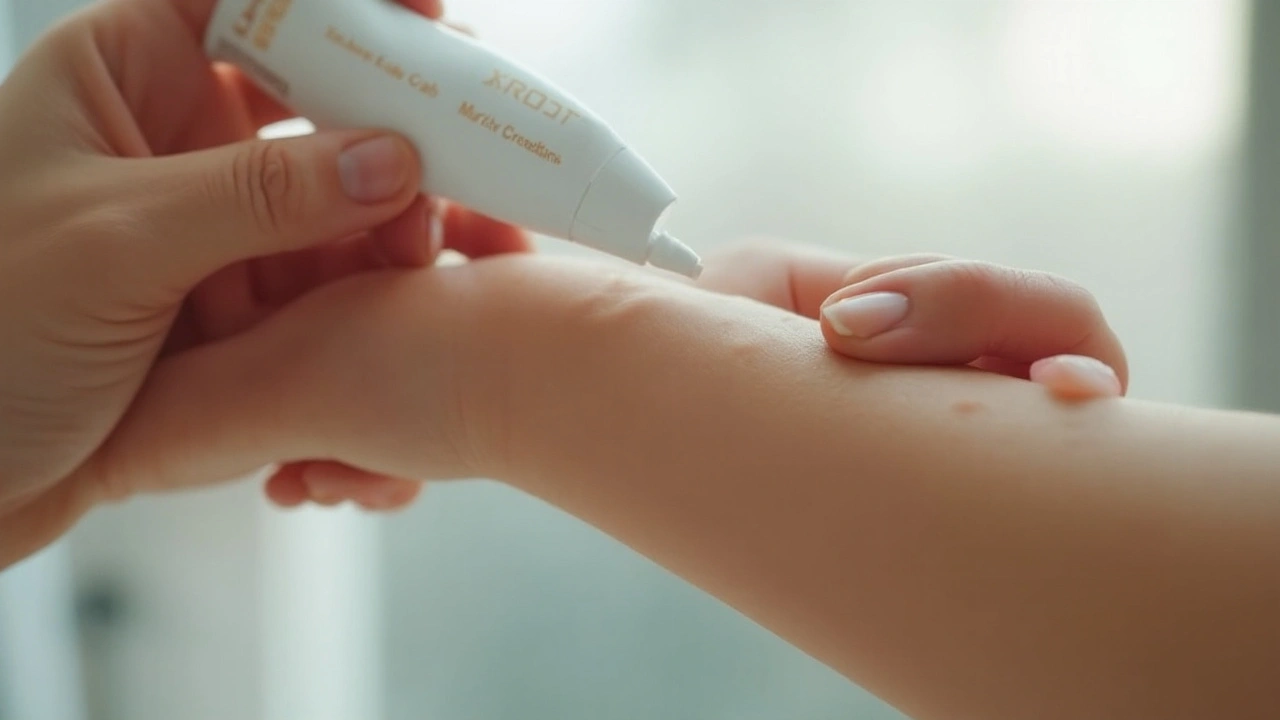Skin Conditions: Common Issues, Causes, and Simple Care Tips
Got a rash, breakouts, or dry patches? You’re not alone. Millions deal with skin problems every day, and most of them are easy to manage with the right info. Below you’ll find the basics on why skin issues happen and what simple steps can help you feel better fast.
What Triggers Common Skin Problems?
First, let’s figure out the usual suspects. Acne often pops up when oil, dead cells, or bacteria clog pores. Eczema shows up as itchy, red patches that flare up with dry air, stress, or certain soaps. Psoriasis creates thick, silver‑colored scales that love cold weather and tight skin friction. Rosacea makes the face look flushed and may bring bumps that react to spicy foods, alcohol, or hot drinks.
Allergies can cause hives or rashes within minutes of contact with a new detergent, fragrance, or even a plant. Sunburn is a straightforward burn caused by UV exposure, and it can evolve into painful peeling if you stay out too long without protection. Knowing the trigger helps you avoid or treat it early.
Everyday Tips to Keep Your Skin Healthy
Start with a gentle routine. Use a mild cleanser that doesn’t strip your skin of its natural oils. Wash with lukewarm water – hot water dries you out, while cold water may not clean well enough. Pat dry with a soft towel; rubbing can irritate delicate skin.
Moisturize while your skin is still damp. Look for creams with ceramides or hyaluronic‑acid; they lock in moisture and repair the skin barrier. If you have oily zones, you can apply a lighter lotion there and a richer cream on dry patches.
Protect yourself from the sun even on cloudy days. A broad‑spectrum SPF 30 or higher blocks the UV rays that cause premature aging and worsen many conditions. Reapply every two hours if you’re outdoors.
Watch your diet. Foods high in sugar and dairy can trigger breakouts for some people. Add omega‑3 rich foods like salmon or walnuts to help calm inflammation. Stay hydrated; water supports skin’s elasticity and helps flush out toxins.
Stress management matters. When you’re stressed, your body releases cortisol, which can flare up eczema, psoriasis, or acne. Simple practices like deep breathing, short walks, or a few minutes of meditation can keep stress in check.
If over‑the‑counter options don’t help, consider seeing a dermatologist. They can prescribe topical treatments, oral meds, or light therapy tailored to your specific condition. Early professional help often prevents a minor flare from becoming a big problem.
Finally, keep a skin diary. Note when a flare appears, what you ate, products you used, and any stress you felt. Patterns emerge quickly, helping you pinpoint and avoid triggers.
Skin issues can be frustrating, but with the right habits and a bit of awareness, you can keep most problems under control. Start with these easy steps, listen to your body, and you’ll likely see calmer, clearer skin in no time.
Learn what Aldara Cream is, how it treats warts and skin lesions, proper application steps, common side effects, and safety tips in a clear, practical guide.
